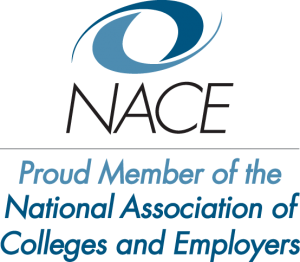Some individuals might ask themselves, “Why would I pay for PathwayU when there are free career assessments online?”
The simplest answer is you get what you pay for. More specifically, the use of free assessments runs the risk of providing misleading feedback, misguiding users and violating professional guidelines.
Free upfront, but you’ll pay for it later
Free career assessments are often “home-grown” and lack the years of scientific refinement and validation characteristic of products like those offered by PathwayU. You can think about it like those old commercials where individuals think of themselves as surgical experts, legal experts, and so forth because they stayed at a Holiday Inn Express the night before. Imagine that you suspect you have a serious disease. Do you want your bloodwork reviewed by a “home-grown” expert?
Psychological assessments, like those offered by PathwayU, are evaluated on the extent to which they are reliable and valid.
- Reliability refers to the credibility of the score. If a student scores an 80 on our assessment, can we really believe they are an 80 (and not a 90 or a 40)?
- Validity refers to the extent to which the assessments are actually measuring what they purport to measure – e.g., does an interest inventory really measure interests, or can it be “gamed” by respondent?
Reliable and valid assessments provide the best opportunity to provide useful and accurate feedback to help users discover their passion. You want to invest time and money towards the right direction. Purchasing assessments from a vendor that backs their products with decades of research guarantees quality; adopting free online assessments guarantees risk.
Professional Guidelines
A final concern is that using free career assessments that lack evidence of reliability and validity may violate professional guidelines. The Standards for Educational and Psychological Testing co-published by the American Educational Research Association, the American Psychological Association, and the National Council on Measurement in Education establish reliability and validity as foundational properties for any assessment used to make decisions on or provide feedback to individuals.
Depending on the training and licensing of your career staff, the use of ad hoc assessments could represent a violation of their professional ethical code!
While we take pride in the science underlying our assessments, we also are working continually to upgrade the tools and feedback provided to our users. This is yet another reason “you get what you pay for.”







